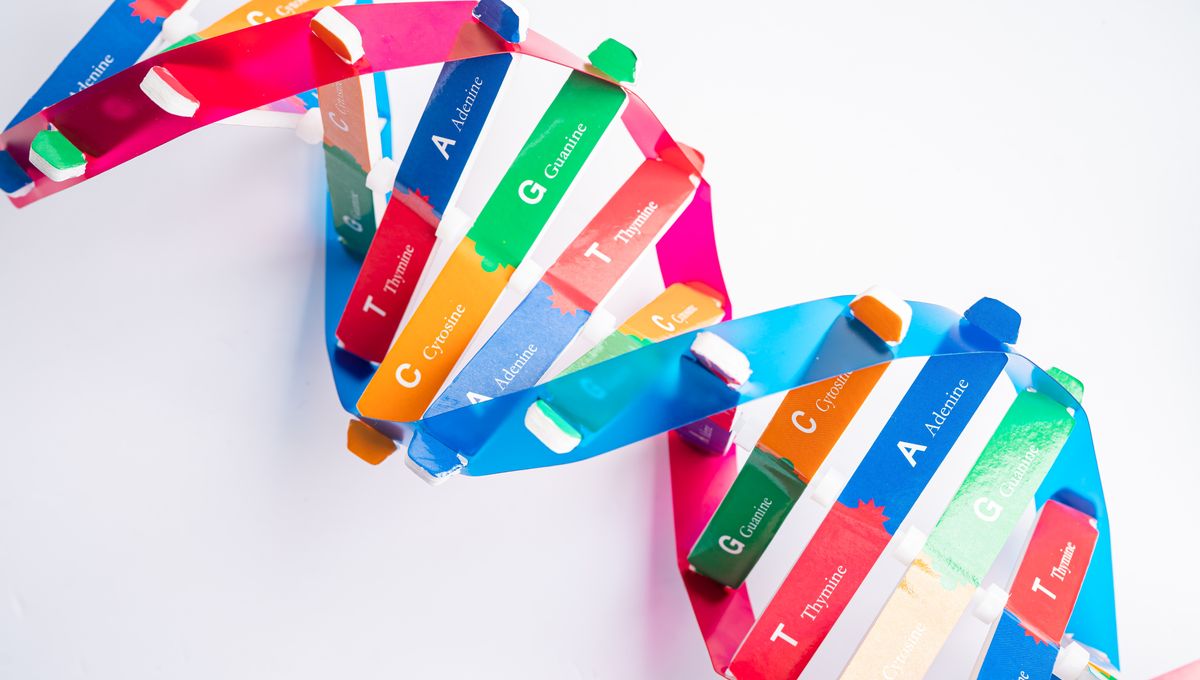
Researchers have begun working on a new, controversial project to produce human DNA from scratch. It is believed to be the first of its kind effort which, if successful, could lead to new treatments for many diseases or open the door to things like climate-resistant crops.
The subject of creating human DNA, otherwise known as synthetic human genome engineering, is extremely thorny. Wrapped up with a profound sense of scientific potential and deep ethical uncertainties, the field has been neglected for decades. At its heart, researchers in this field aim to design and construct an entire human genome from chemically synthesized DNA, allowing them to “write” life, rather than just “read” or “tweak” it.
But in the early 2000s, the success of the Human Genome Project, matched with the growing power of gene editing, genome synthesis, and the growing prospect of synthetic life, generated widespread worry. Critics believed the possibility of creating human DNA from scratch represented a step too far, crossing a moral boundary. Others worried that this would serve as a slippery slope, leading to eugenics-like efforts to engineer better “humans” while limiting those with “unwanted” traits through designer babies. And, given that there are so many uncertainties associated with this subject, there is always the concern that we don’t know exactly how genes interact with the environment, so changes introduced now could have impacts on future generations.
To be sure, this is not a settled issue in society, and in many ways, the ethical concerns have evolved alongside the technology researchers have been developing over the last few decades. However, researchers have built better oversight protocols, and more transparent funding has allowed them to be mindful of the main ethical and security concerns.
This has led to the announcement of a presumed first-of-its-kind project funded by charity the Wellcome Trust, which has given an initial £10 million (about $13.7 million) to the new Synthetic Human Genome Project (SynHG). Its aim is to create new tools, technologies, and methods to eventually synthesize genomes.
This is not a short-term project. The synthesis of a human genome will likely take decades to achieve, but over the next five years, the SynHG project will establish the foundation for this effort. They will start by attempting to create the first fully synthetic human chromosome – this alone will require the researchers to tackle multiple scientific hurdles.
But if successful, it is hoped that this research will produce a wide range of benefits, from improving food security by engineering plants to withstand climate change to making strides in medical treatments such as cell therapy and transplantation. We might also get a better understanding of how our DNA makes us, us, and what happens when something goes wrong.
“Our DNA determines who we are and how our bodies work,” Michael Dunn, Director of Discovery Research at Wellcome, explained in a statement. “Through creating the necessary tools and methods to synthesise a human genome, we will answer questions about our health and disease that we cannot even anticipate yet, in turn transforming our understanding of life and wellbeing.”
The project is being led by Professor Jason Chin, from the Generative Biology Institute at Ellison Institute of Technology and the University of Oxford, teamed up with researchers from Cambridge, Kent, Manchester, Oxford, and Imperial College London.
“The ability to synthesize large genomes, including genomes for human cells, may transform our understanding of genome biology and profoundly alter the horizons of biotechnology and medicine,” Professor Chin explained. “With SynHG, we are building the tools to make large genome synthesis a reality. At the same time, we are proactively engaging in the social, ethical, economic and policy questions that may arise as the tools and technologies advance.”
But what about the ethical oversight of this ambitious project? To ensure these new tools benefit society, the SynthHG project has a social science program – called Care-full Synthesis – embedded within it. This will allow academic, civil society, industry, and policy partners from across the world to explore the ethical, legal, and societal implications of the developments as they progress.
“With Care-full Synthesis, through empirical studies across Europe, Asia-Pacific, Africa, and the Americas, we aim to establish a new paradigm for accountable scientific and innovative practices in the global age,” explained the program’s lead Professor Joy Zhang, from the Centre for Global Science and Epistemic Justice at the University of Kent. “One that explores the full potential of synthesising technical possibilities and diverse socio-ethical perspectives with care.”
The program will explore, among other things, the different societal priorities and perceptions about the field from across the world. It will also have a focus on how best to include diverse perspectives, as well as how the knowledge gained from the project can be shared equitably. In addition, it will investigate what policies may be needed to make sure the research can be applied to different regions and communities should they wish for that to happen, and how this can be done both effectively and respectfully.
Could this be the start of a brave new world?
Source Link: Controversial World-First Project To Create Human DNA From Scratch Takes First Steps